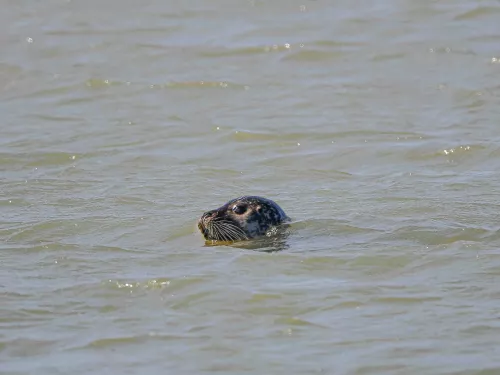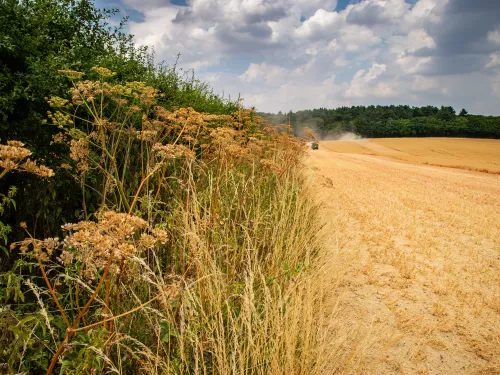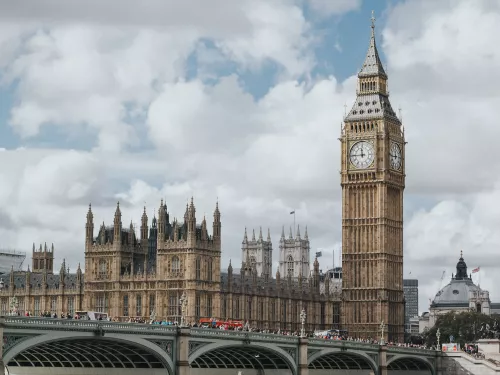
Time is running out to comment on National Grid’s Sea Link plans
Newly elected MP Polly Billington has said she is concerned about the lack of transparency demonstrated by National Grid.
Today we face a twin nature and climate emergency – these crises are entirely interlinked and one cannot be tackled without addressing the other. The time for procrastination is over and greater urgency is needed on all fronts. The UK hosts the global climate conference COP26 in Glasgow in November this year and speed is vital: now is the time to accelerate nature’s recovery – for wildlife, for people and for the climate.Craig Bennett, Chief Executive of The Wildlife Trusts

Newly elected MP Polly Billington has said she is concerned about the lack of transparency demonstrated by National Grid.

New economic analysis, published today, demonstrates that the current agricultural budget is significantly less than what is required for the UK farm and land management sector to help tackle the nature and climate crisis.

With proposals for a new Planning and Infrastructure Bill to accelerate the delivery of high-quality infrastructure, Kent Wildlife Trust calls for a land use framework to be developed in the UK.